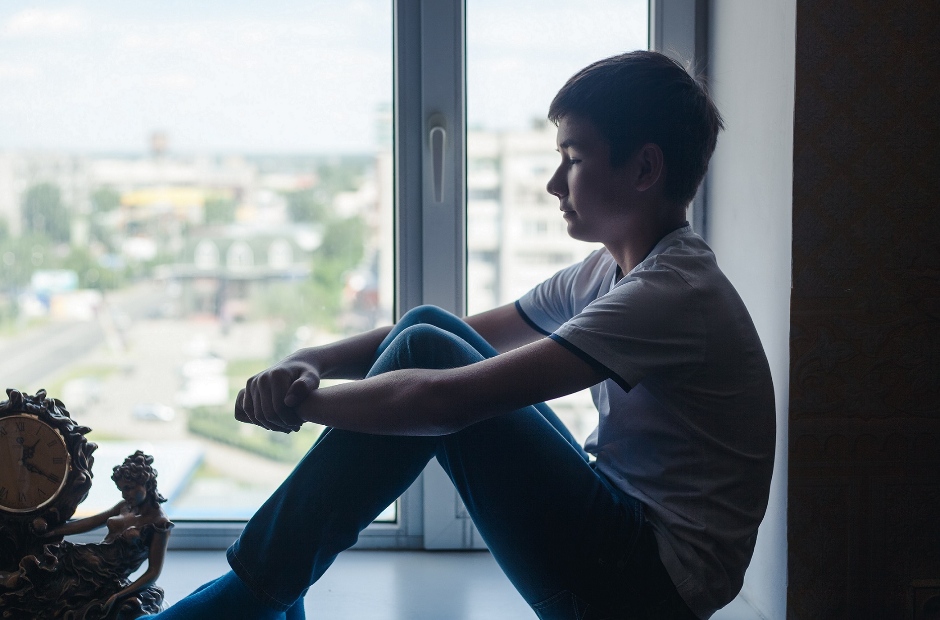Every child’s milestones are cause for concern and celebration. With a primary 6 daughter going to secondary school next year, I’m secretly happy that, firstly, I don’t have to chaperone her everywhere from now on.
Secondly, her next high-stakes school admissions exam is perhaps four-to-six years away. Finally, in becoming a young adult, she will hopefully understand the reasons behind why her parents make certain decisions “for her own good”.
For your own good
To give an idea what “for your own good” means in our family, getting sufficient sleep on a school day tops our household rule. Since she has to be up at six to catch her school bus now, our daughter has to be in bed by nine. All parents know that getting your child to go to bed at our preferred time is a daily nightmare. Coercion, pleading and yelling are all part of the negotiation.
But the child who does obey this rule is alert the next day, able to concentrate on learning, playing, engaging with friends, teachers, family and even have sufficient mental energy to deal with frenemies or bullies.
So what should I do once my child goes to Sec 1? The likelihood of her sticking to the sleep schedule is low. Homework, projects, research, CCA responsibilities – all these could be in the arsenal of tricks my child may use to back up a later bedtime. Now that she’s a preteen and already showing signs of resistance, I’m not hopeful, going forwards, I’ll ever get her to do something “for her own good”. It may be time to teach this Mummy new tricks on how to communicate with teenagers.
Lesson in adulting
A few months ago, I decided to let my 12-year-old learn to be independent by taking public transport on her own. The first time she came home by the MRT, I met her on her way back and snapped a milestone photo of her walking unaccompanied. The minute she saw me, her eyes lit up, she ran into my outstretched arms while her knees gave way. “You did it!” I told her, “I’m so proud of you!” She smiled, knowing she’d aced this test.
I’d been seeing her as a little girl for so long, having to chaperone her literally everywhere, I sometimes wondered who would feel the greater separation anxiety – my child or myself. I’d given her tips for this trip: walk straight and tall as if you’ve done this a million times, don’t stare at the ground as it shows lack of confidence; the trick in adulting is to believe and behave like one, so show no fear.
I now know I’ve prepared her well for next year. No more school bus. No more calls at work with pleas of “Mummy, come get me, I’ve finished my revision class!” Her EZ-Link card will be her golden ticket to exploring Singapore and places I may not even think of. And that will be another headache for me.
Coping with exams
I have to admit that I went into overdrive for her PSLE this year. At P5 last year, we were both cruising. Her tests and exams were her responsibility. I am lucky she was one of those kids who didn’t need prompting to do her homework. Since her grades were satisfactory, she genuinely seemed to enjoy school and her CCAs, she socialised well in class and had been made a Prefect, I left her alone to cope.
But doing homework and studying are two different matters. With homework, there is a fixed deadline where children need to submit it to an adult monitoring that work. I’d realised that the good grades she’d gotten for her homework and bite-sized assessments were the result of being conscientious, which she is, but is not the same as studying for a high stakes exam. It has been a very long time since I’d taken PSLE myself, and with a spouse who’s not familiar with our school system, I had to help her navigate this journey.
Study hard, play hard
My motto is simple: no last-minute cramming. It causes undue stress and has been proven to be not effective. Starting January this year, I told my child, “Look, your exams will finish by early October so you’ve got nine months to study, or, six months of intensive studying plus three months of revisions.” I’m glad she stuck to the ‘programme’ as much as possible, for she is now enjoying the fruits of her labour post-exam – which is to do whatever she likes, whenever she wants.
Hopefully, whichever school she gets into next year, she will learn from this experience that good planning with time management when preparing for exams is a much better strategy than being in panic mode. It’s true what the adage says: study hard, play hard.
Transitioning to teenhood
I will be following my child’s journey in secondary school with interest and, if at all possible, less interference. Puberty. Growing apart from friends, teachers and an environment she’s known for years and forming new ties to new friends, teachers and the new school. Being exposed to STEM and humanities and learning about the world and society with deeper understanding – all these are formative to her transitioning to a teenager.
As an adult, I’m thrilled that, as she matures, we can debate on and discuss about current affairs and challenge each other’s ideas. On the other hand, as a mother, I’m reluctant to let the child in her go. But I do recognise this is part of the human life cycle; it’s her metamorphosis. Life, like Science, is merely an ongoing experiment where we as subjects react and interact to sometimes unpredictable scenarios. And that’s the beauty of it.





.jpg)
